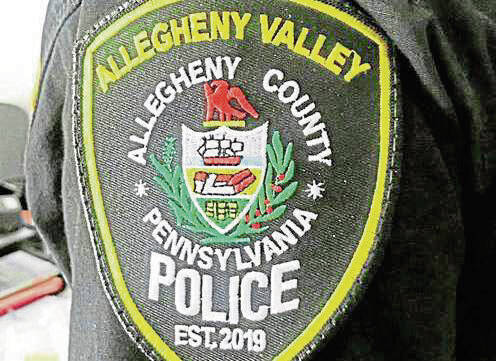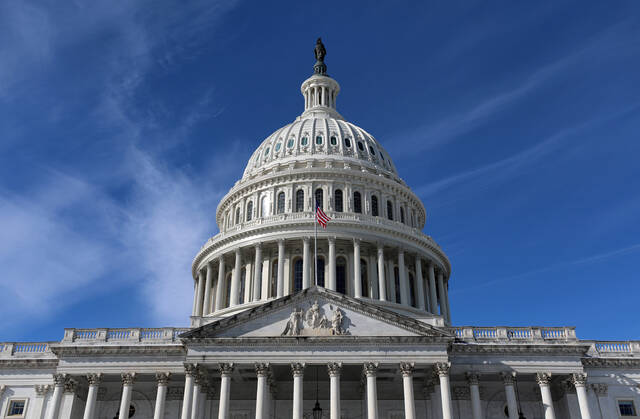The One Big Beautiful Bill championed by President Trump is more than just a legislation — it’s a mirror. And the reflection staring back at us reveals a troubling cruel, ugly vision of the country we’ve collectively enabled. Whether through ballots cast or silence kept, we’ve allowed policies to take shape that weaken lifelines for the vulnerable, stigmatize the working poor and treat human dignity as expendable.
Programs that provide medicine to the sick and food to children and those in need are being slashed under the banner of fiscal responsibility, even as national debt projections continue to climb. As a country, we are slowly normalizing the dehumanization of immigrants and turning a blind eye to the reality that relying on safety nets, even while working full time, is not a moral failing, but a failure of policy.
These are not abstract concerns. They have real, local consequences. And as federal leadership falters, both in funding and in moral clarity, it’s once again local governments left to shoulder the burden, keep systems running and preserve the social contract.
Out of necessity, ingenuity grows
In Southwestern Pennsylvania, necessity needs to spark innovation. With federal support shrinking, the City of Pittsburgh and Allegheny County need to find creative ways to preserve critical services.
Our region is one of the most municipally fragmented in the United States, with over 130 municipalities in Allegheny County alone. This fragmentation creates inefficiencies — but also opportunities for collaboration.
Back in 2019, police regionalization efforts in Cheswick and Springdale, for example, have already saved hundreds of thousands of dollars annually. Expanding this model to emergency response and public works could yield similar benefits.
Small municipalities often lack in-house engineers, planners or IT staff. Here, the City of Pittsburgh and Allegheny County can — and should — step in to provide various infrastructural and technological technical assistances. Shared maintenance contracts for roads, snow removal and fleet operations can also offer practical and cost-effective ways to stretch every public dollar.
A call to Pittsburgh’s nonprofits: Invest in the city you call home
Pittsburgh’s largest nonprofits, including our world-class universities and health care systems, benefit daily from city infrastructure and public services. Yet because of their nonprofit status, they contribute little or nothing financially in return. As access to Medicaid shrinks and affordable housing pressures mount, these well-resourced institutions must do more.
Supporting emergency services, public transit, infrastructure maintenance, medical care and housing initiatives isn’t just charitable — it’s a civic responsibility. If these institutions truly embrace the values of charitable contributions to the community and equity they often preach, then now is the time to live up to them. Their active involvement is critical to our region’s success to manage current fiscal deficits.
Smart growth demands clear rules
The City of Pittsburgh also has an opportunity to streamline its development review process. Developers seek speed and predictability, while the city rightly insists on tangible community benefits, such as affordable housing, infrastructure support and equitable neighborhood investments. These priorities aren’t mutually exclusive. A clear and consistent fast review framework, built around non-negotiable logical standards, can ensure responsible growth that benefits all residents, not just the developers.
A Moment for regional leadership
Looking ahead, Pennsylvania’s next generation of leadership will play a pivotal role in shaping our region’s future. Sen. Dave McCormick, for instance, has voiced big ambitions around energy dominance, AI infrastructure and a renewed steel economy. As a venture capitalist, his support for national policies that favor the wealthy may be unsurprising, but the real question is whether he can translate that momentum into meaningful, long-term investment here in Southwestern Pennsylvania.
Our region already has the ingredients for success: an industrial legacy, top-tier universities and a skilled workforce. What’s needed now is leadership that can connect these strengths with sustainable capital and strategic vision. Whether McCormick, the remaining functional senator of the commonwealth — or anyone — can rise to that challenge remains to be seen.
Local government: Quietly holding the line
There’s something deeply humbling about public service. At its best, it demands setting aside ego to serve the greater good. It’s not about headlines or grand gestures, but about the steady, often unseen work that keeps a community together.
Local governments may not have the resources to fully replace lost federal support, but with creativity, cooperation and grit, they can still deliver the best possible outcomes by leveraging every available source of support. Real governance doesn’t unfold in soundbites or on cable news. It happens quietly — in borough halls, city buildings and county offices. It’s the level of government closest to the people, most accountable to their daily lives and most committed to simply getting things done. And in the end, that’s what matters most.
Panini A. Chowdhur is a public servant with the City of Pittsburgh, specializing in infrastructure planning. He also serves as a gubernatorial appointee to the Pennsylvania Pedalcycle & Pedestrian Advisory Committee.








